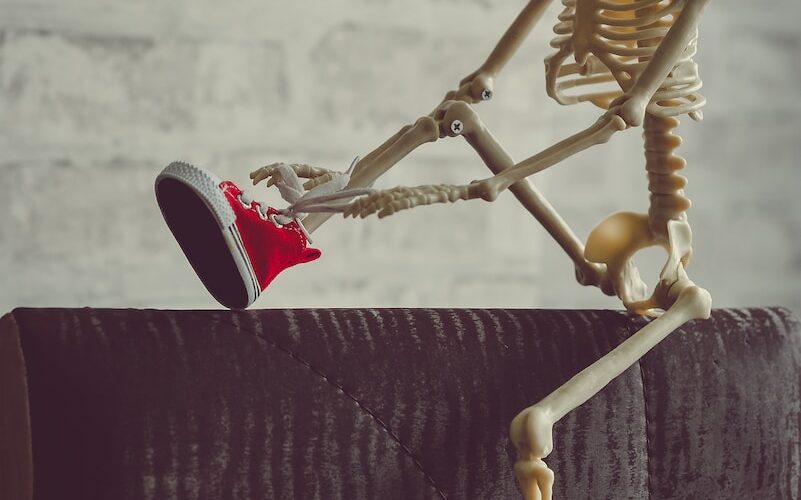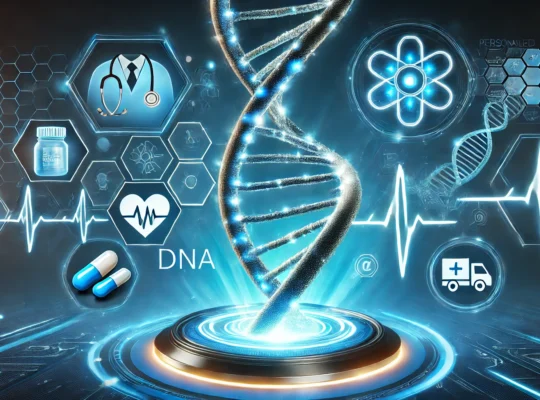Calcium Myth Busting
I often get questions about what we can do to support good bone health. I thought I’d bust a few myths this newsletter and give some helpful lifestyle tips you can use right away.
Myth #1: Milk is the only dietary source of calcium so we need to drink it for strong bones.
Milk and dairy foods do contain a good amount of calcium, but a majority of people cannot tolerate dairy foods. In fact, estimates are that up to 2/3 of Americans are lactose intolerant! There are plenty of cultures around the world that do not drink milk and do not have osteoporosis. There was a review article in the New England Journal of Medicine looking at milk and health in 2020. The conclusions: You can shave your milk mustache– Milk consumption is NOT associated with lower fracture risk. Read a summary of the article here. On top of that, cow’s milk is not without risk–it contains hormones (extra source of estrogens and progestins). Foods that contain high amounts of calcium include spinach, kale, and chia seeds. Many foods are fortified with calcium as well, for example, 1 cup of almond milk has 400mg of calcium! For more, check this site.
Myth #2: Taking Calcium With Vitamin D daily is all you need to make strong bones.
Having good bones is about more than having ‘dense’ bones–it’s about having Strong AND flexible bones. Bones are actually about 40% calcium, 20% WATER, and 30-40% PROTEIN (type 1 collagen)! This means adequate hydration is key along with ensuring enough dietary protein. The collagen helps provide the ‘flexibility’ that we want bones to have. For more in depth knowledge about what bones are made of, this video is excellent. Reminder that intake of protein is just the first step; we need to digest it well (adequate stomach acid to denature is key) and absorb it. Gut health is important for bone health! Bones are built by mineralizing a collagen ‘mesh’ with calcium, magnesium, boron, phosphorus and more. Vitamin D is important to absorb the calcium in the gut, but also Vitamin K2 helps to direct the calcium into the bones vs calcifying soft tissues. Vitamin K2 can be taken in supplement or is found in egg yolks or converted from K1 by our microbes in the gut. Again, good gut health is important for good bone health!
What if I already have osteoporosis and don’t eat dairy. What kind of calcium should I supplement with?
The amount of calcium you get in a typical national brand of calcium such as Caltrate is typically 600mg; this amount is recommended by national guidelines, but ignores the amount of calcium we get in our foods. Taking large bolus doses of calcium means the body has to handle that calcium load and put it somewhere. Hopefully it’s going to the bones, but calcium can also be deposited in soft tissue, think arteries and arteriosclerosis, or in the pineal gland–bye-bye melatonin! I recommend those supplementing with calcium only take 250-400mg (max) per dose and maybe take 1 capsule 2-3 times per day with meals along with Vitamin D and K2. Take a salt form that is well absorbed such as calcium citrate, hydroxyapatite, or chelated calcium. A couple of good combination products include: 

The last thing I want to mention about bone health is to consider thinking of the bone dis-eases osteoporosis and osteopenia as more of a symptom of underlying functional imbalances (gut health, stress/adrenal health, hormonal balance, even Thyroid health)! There are lots of interesting connections between these functional balances and bone health. Your bones are ALIVE–let them THRIVE! Work with me to help correct these imbalances and get your Strong and Flexible bones back!
You can find these product at my online dispensary and receive 10% off your order! Active clients are eligible for 20% off! Add your contact info at the sign-in screen and you can explore the ENTIRE CATALOG of third party tested supplements!




